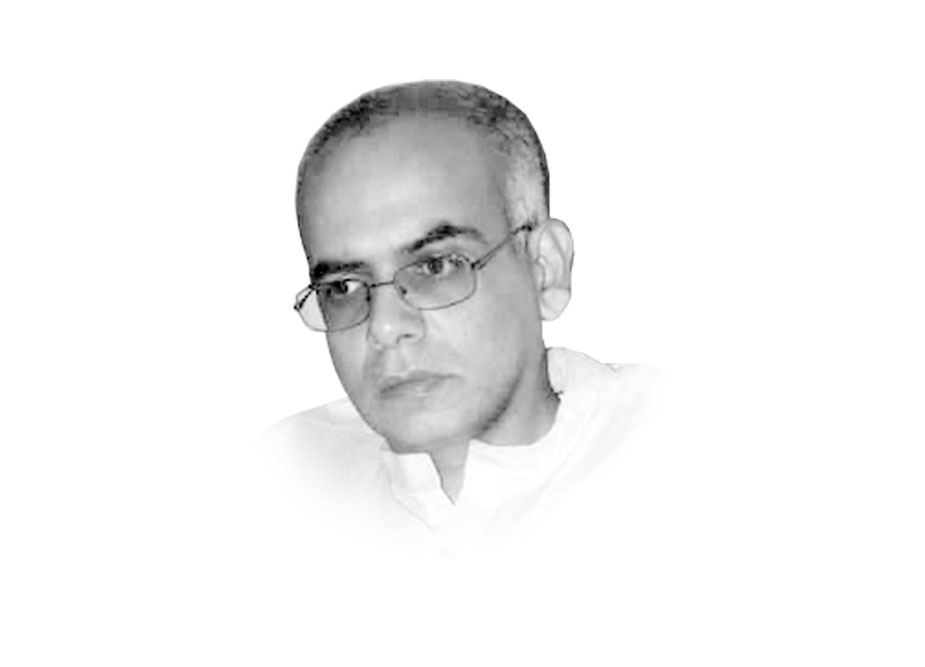
Gone are the days when enthusiasts of liberal democracy could claim an ‘end of history’, and the arrival of a post-ideological world. Instead, we have seen the mutation of tribalist tendencies give birth to rather illiberal versions of democracy, populism, and even outright authoritarianism.
The world today is a highly polarised place where religion, ethnicity, and other markers of identity are manipulated to create deep wedges between people. Majoritarian tendencies are readily fanned by ambitious leaders to exclude, exploit, and marginalise minorities around the world.
Alongside illiberalism, disinformation and stifling freedom of expression have become major problems. We live in a world of “alternative facts”. The use of propaganda to create divisive narratives and censorship of dissent is now rampant.
It should not be surprising to note that less than a quarter of the global population is now considered to be living in countries which are described as being ‘open’ or offering ‘less restricted environments’ to freely express opinions. This categorisation is based on the Global Expression Report, which offers a data-driven assessment measuring the freedom to express, participate, and communicate ideas not only by journalists and activists but also by ordinary citizens.
Data gathered for this afore-mentioned report uses 25 indicators across 161 countries to create an Expression Score between 0 and 100. This score is then used to describe countries as either being ‘open’ or ‘less restricted’ on the one hand, or else, being ‘restricted’, ‘highly restricted’, or being in a state of ‘crisis’, on the other hand.
More than half of the world’s population is in a ‘state of crisis’ according to the Expression Score. The Global Expression Report claims that nearly 4 billion people within the Asia and Pacific region are living with less freedom of expression than they had a decade ago. It further points out that within the last 10 years, 14 countries have experienced a deterioration of their freedom of expression score, whereas only 5 countries saw some improvements. The largest decline between the 2013 and 2023 period took place in Hong Kong, which saw a 54-point drop. Pakistan’s score has decline during the same time-period from 45 to 33 points. Conversely, India’s score went down much more sharply from 54 to 19. Bangladesh went from an already low score of 20 to 12. Afghanistan’s score dropped from 50 to 2, under the current Taliban regime. All these countries are amongst the deadliest places for journalists. Besides curbing the media, freedom of academic exchange, freedom of political expressions and peaceful assembly are also very constrained.
It is hard to deny that the freedom of expression is indeed declining in many of the countries ranking poorly on the Global Freedom of Expression report. Yet, many countries which described as being open in this report also have problematic issues, which are not being recognised due to the way freedom of expression is being gauged.
Sweden, for instance, is amongst the best countries for freedom of expression. Yet, Swedish laws do not prohibit blasphemy, even when acts of blasphemy are clearly being used to intimidate minorities such as Muslims. In the US, another ‘open’ country, according to the Expression Score, has not only used harsh tactics to clamp down on student protests concerning Gaza but its legislators are now trying to broaden the legal definition of anti-Semitism to include the “targeting of the state of Israel, conceived as a Jewish collectivity”. France, another seemingly ‘open’ country, placed a ban on wearing abayas in state-run schools last year. And the French government now does not want its athletes to wear the hijab, or other religious items, during the Olympic Games in Paris.
Freedom of expression should not be used to intimidate minorities. Preventing women to choose whatever they wish to wear is also a violation of the freedom of expression, as much as forcing them to don the veil. If such acts are also recognised as actions which undermine freedom of expression, then the state of freedom of expression is perhaps different from what the Global Expression Report would have us believe.
Published in The Express Tribune, May 31st, 2024.
Like Opinion & Editorial on Facebook, follow @ETOpEd on Twitter to receive all updates on all our daily pieces.

1728297472-0/Fousey-(1)1728297472-0-405x300.webp)

1730806672-0/diddy-(37)1730806672-0-165x106.webp)
1731748155-0/BeFunky-collage-(8)1731748155-0-165x106.webp)










COMMENTS
Comments are moderated and generally will be posted if they are on-topic and not abusive.
For more information, please see our Comments FAQ